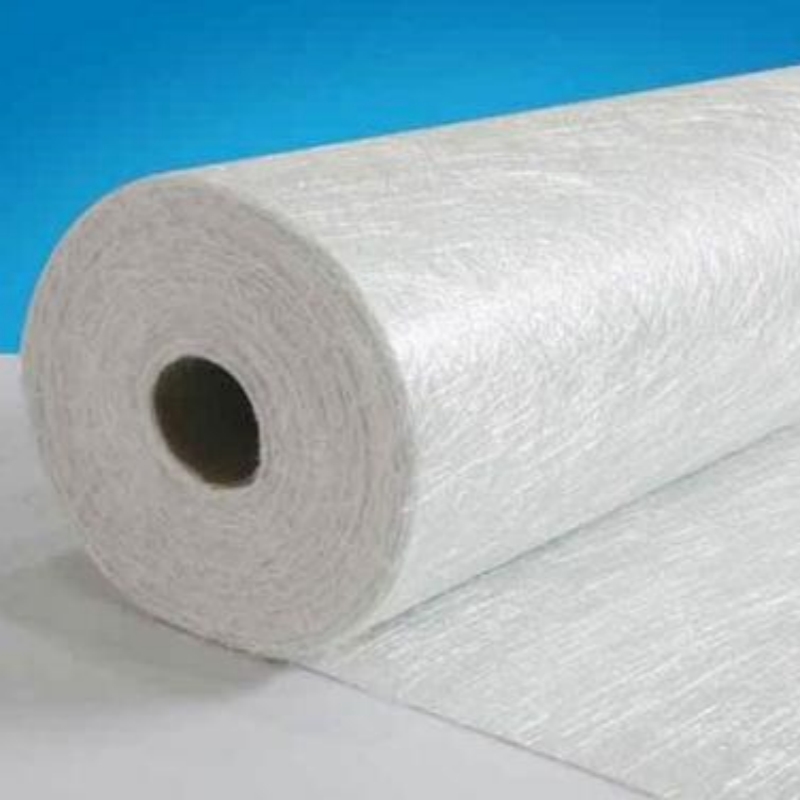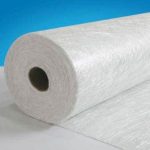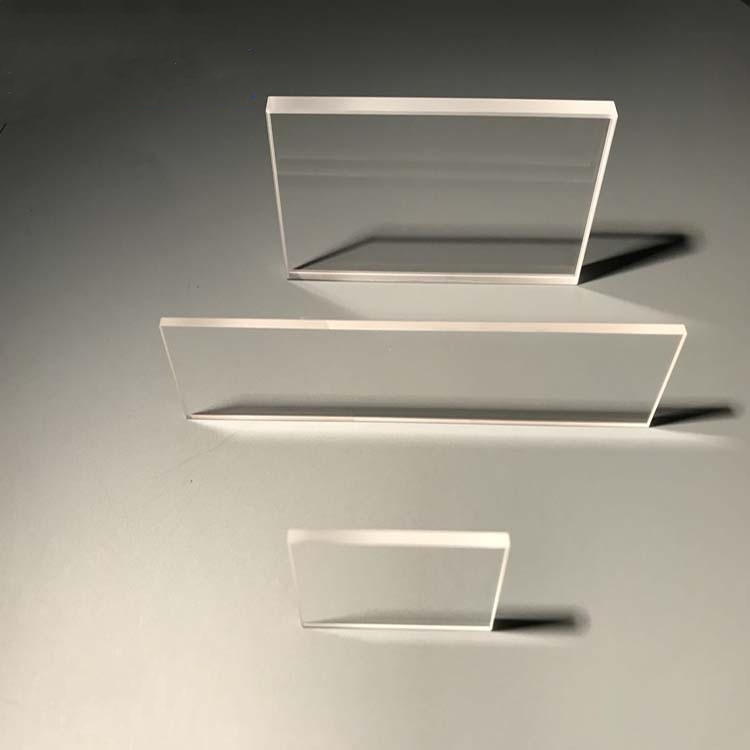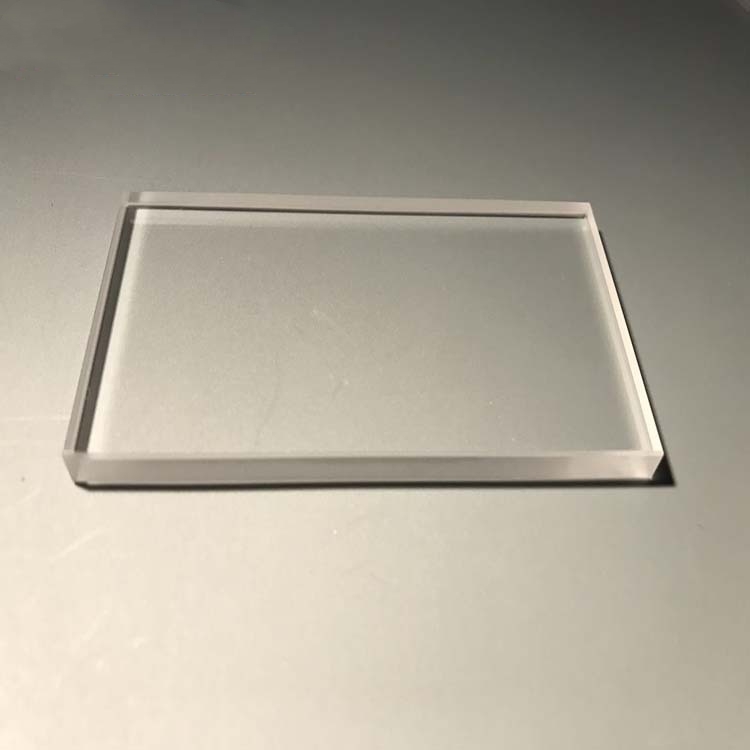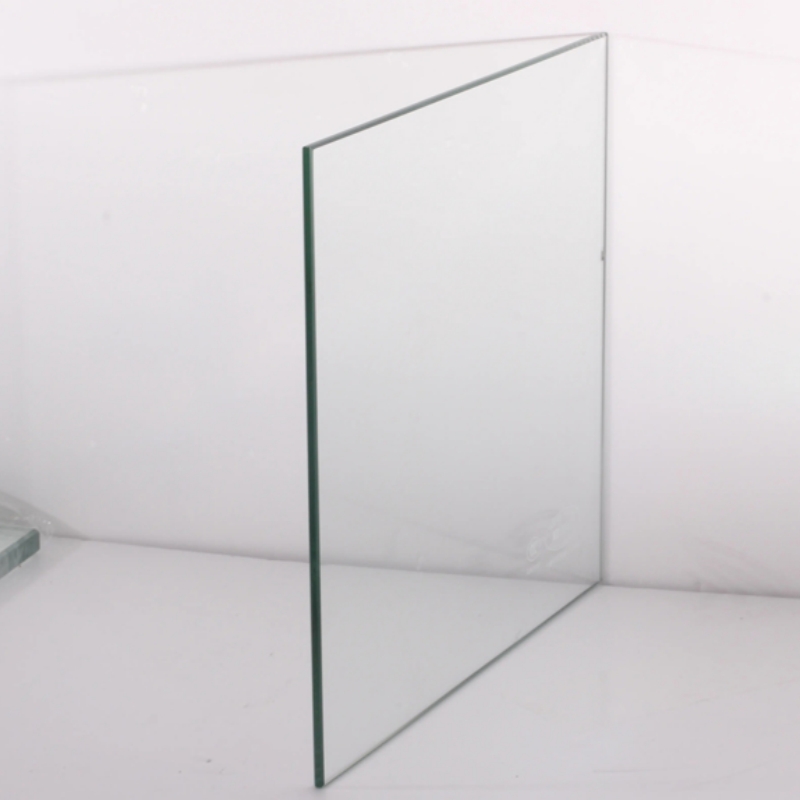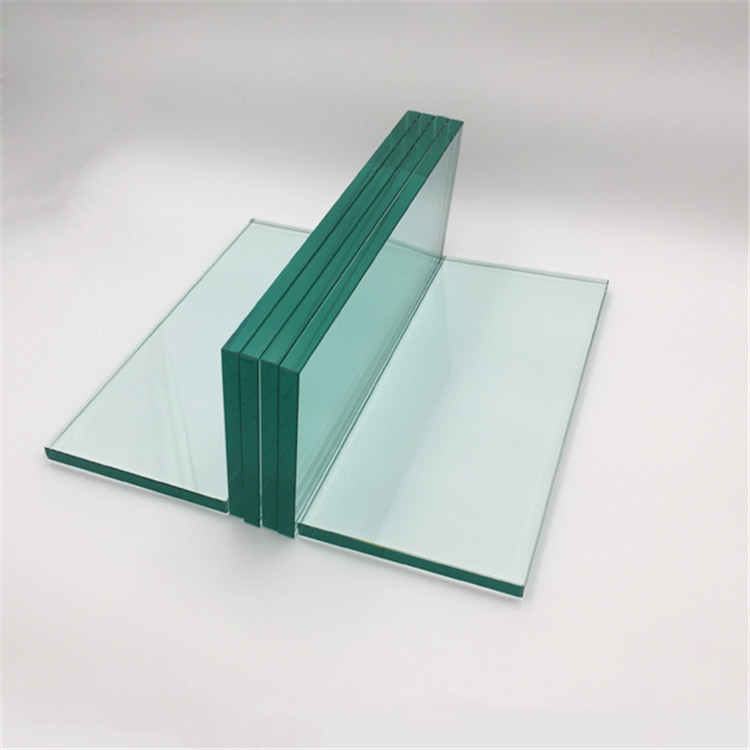Glass fiber cloth is a high-strength, lightweight composite material made from woven fiberglass strands, known for its exceptional durability, thermal resistance, and chemical stability. Engineered for superior reinforcement and insulation, it offers excellent tensile strength, minimal moisture absorption, and high resistance to corrosion. This versatile material is widely used in aerospace, automotive, marine, construction, and electronic industries, ensuring reliable performance in demanding applications requiring mechanical reinforcement and heat resistance.
Product Overview
Glass fiber cloth is a plain weave fabric made from untwisted coarse yarn, primarily used as a substrate for hand-laminated fiberglass. This material offers high strength, particularly in the warp and weft directions, making it suitable for a variety of engineering fields. Based on application needs, it can be woven into grid fabric, unidirectional fabric, or other special fabric patterns. Glass fiber cloth is widely used in applications such as ship hulls, storage tanks, and building structures. It boasts excellent resistance to high temperatures, corrosion, and chemicals, offering strong mechanical properties and fire-retardant effects.
Key Features
- High and Low-Temperature Resistance: Suitable for temperature ranges from -196°C to 300°C, with excellent weather resistance.
- Non-Stick: The fabric does not easily adhere to substances, maintaining a clean surface.
- Chemical Corrosion Resistance: Able to withstand corrosion from strong acids, alkalis, aqua regia, and various organic solvents.
- Low Friction Coefficient: Oil-free self-lubricating properties, ideal for specific industrial applications.
- Light Transmittance: With a light transmittance of 6% to 13%, it is suitable for certain optical applications.
- High Insulation Performance: Provides excellent electrical insulation, UV protection, and anti-static properties.
- High Strength: Offers excellent mechanical properties, making it suitable for applications requiring high structural strength.
- Chemical Resistance: Resists the erosion of various chemicals and reagents.
Applications
- Hand-Laminated Fiberglass: Primarily used in fields like ship hulls, storage tanks, cooling towers, ships, vehicles, etc.
- Industrial Applications: Enhances construction materials, providing strength and stability in building structures.
- Thermal Insulation & Fire Protection: Widely used in thermal insulation, fire protection, and flame retardant applications, especially in fire-resistant materials.
- High-Temperature Protection: Suitable for industrial facilities and equipment requiring high-temperature resistance.
- Chemical Protection: Provides effective protection in chemically corrosive environments, ideal for chemical industry equipment and corrosion-resistant structures.
 new material
new material

